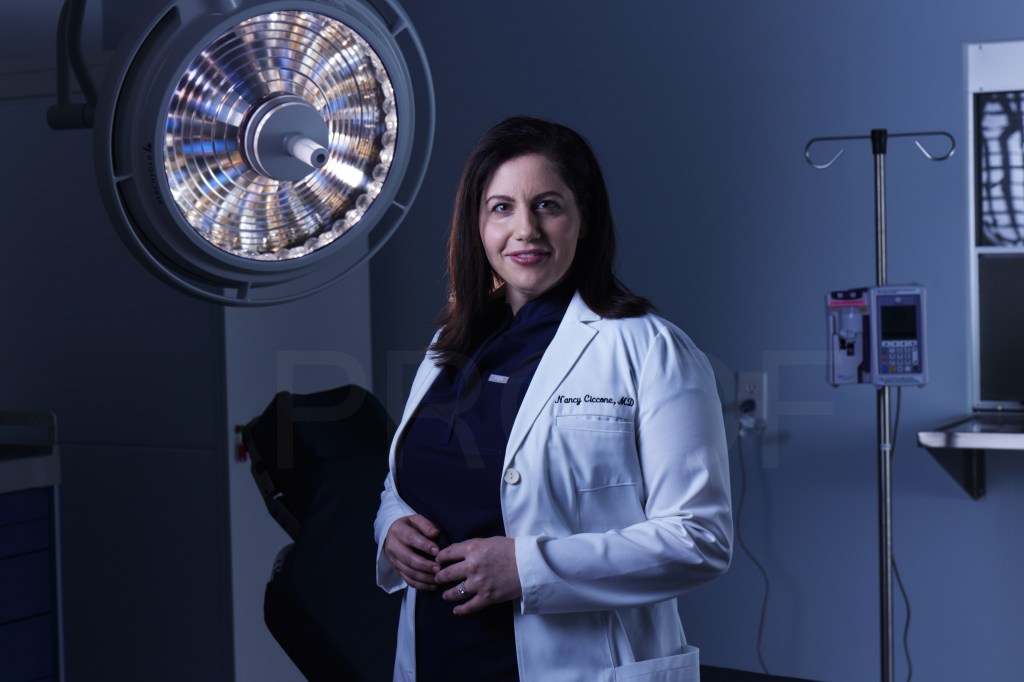A Guide to Medical School Recommendation Letters
03/13/2024Asking for a letter of recommendation for medical school doesn’t have to be a difficult task. Our guide can help you with your application and references.
Read More
Find the latest blogs from MUA such as student life, careers and residencies, business and industry insights information here.